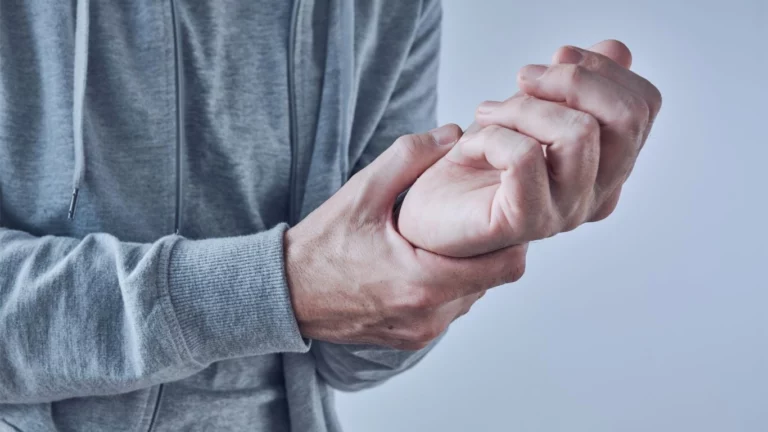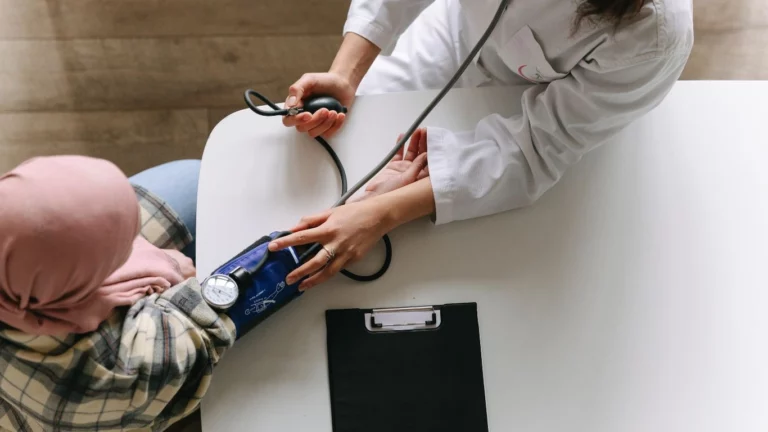Why Hypertension in Hot Weather Can Be Dangerous
High blood pressure, also called hypertension, is a common health issue that affects millions of people. It happens when the force of your blood against your artery walls is too strong. While many people manage hypertension with lifestyle changes or medication, hot weather can make it harder to control. Understanding how heat affects your body and your blood pressure is important, especially during the summer months.
Understanding Hypertension and Heat
To understand how hot weather impacts blood pressure, it helps to first know how your body works. Your cardiovascular system includes your heart, blood vessels, and blood. Together, they move oxygen and nutrients throughout your body.
When your heart pumps blood, it pushes against the walls of your arteries. This is called blood pressure. Normal blood pressure is usually around 120/80 mmHg. The top number (systolic) shows the pressure when your heart beats. The bottom number (diastolic) shows the pressure when your heart rests between beats.
In people with hypertension, this pressure is higher than normal. Over time, this can damage your arteries, heart, kidneys, and brain. That’s why it’s so important to manage blood pressure carefully—especially in hot weather, when your body has to work harder to stay cool.
How Hot Weather Affects Blood Pressure
Heat makes your body do a few important things to stay cool. One major job is dilating, or widening, your blood vessels. This allows more blood to flow to your skin so heat can escape. When your blood vessels widen, your blood pressure can drop. This sounds like a good thing, but it can be tricky for people with hypertension.
When you’re on medications like diuretics (water pills) or beta-blockers, your body might not adjust as easily to heat. Diuretics can cause you to lose too much fluid, leading to dehydration. Beta-blockers may limit your body’s ability to increase blood flow when needed. These changes can increase the risk of dizziness, fainting, or even heat exhaustion.
Also, hot weather can make you sweat more, which causes a loss of fluids and important salts like sodium and potassium. This can affect how well your heart and blood vessels function, especially if you have high blood pressure.
Common Symptoms to Watch For
Here are some signs that hot weather might be affecting your blood pressure or putting extra stress on your body:
- Dizziness or lightheadedness
- Fatigue or feeling unusually tired
- Headaches
- Muscle cramps
- Fainting or feeling faint
- Nausea or vomiting
- Rapid heartbeat
If you notice these symptoms—especially if you’re already diagnosed with hypertension—it’s a good idea to slow down, drink fluids, and get out of the heat. Don’t ignore how your body feels.
What Increases the Risk?
Several factors can make you more sensitive to heat if you have high blood pressure:
- Older age: Aging makes it harder for your body to regulate temperature.
- Heart medications: Some drugs affect your body’s cooling system.
- Dehydration: Losing fluids through sweat can lower your blood volume and make symptoms worse.
- Obesity: Extra body weight puts more strain on your heart in hot weather.
- Chronic illnesses: Conditions like diabetes or kidney disease can affect how your body responds to heat.
Being aware of these risk factors can help you plan ahead and stay safe during hot days. Try to avoid outdoor activities in the heat of the day and rest in cool environments when possible.
Tips to Stay Safe in the Heat
Managing hypertension in hot weather takes a little extra care. Here are some simple ways to protect yourself:
- Stay hydrated: Drink plenty of water, even if you don’t feel thirsty.
- Avoid alcohol and caffeine: These can dehydrate you and raise your blood pressure.
- Wear light clothing: Loose, breathable fabrics help your body cool down.
- Check the forecast: Plan outdoor activities in the early morning or evening when it’s cooler.
- Take breaks: Rest in the shade or indoors with air conditioning.
- Monitor your blood pressure: Keep track of your numbers and notice any changes.
- Talk to your doctor: Ask if your medication needs adjusting during warmer months.
With a few mindful habits, you can enjoy your summer without putting extra stress on your heart. Listen to your body and don’t push through if you’re feeling off.
When to Seek Medical Help
It’s important to get medical attention if you notice serious symptoms like:
- Chest pain or pressure
- Severe headache that won’t go away
- Shortness of breath
- Confusion or trouble speaking
- Loss of consciousness
These may be signs of a heat-related emergency or complications from high blood pressure. Don’t wait—call 911 or get to an emergency room right away.
If you’re unsure whether your symptoms are serious, it’s better to play it safe and get checked. Early treatment can make a big difference in your recovery.
Final Thoughts
Hot weather doesn’t have to be dangerous, even if you have hypertension. With a little planning and attention to how you feel, you can stay healthy all summer long. Remember to check in with your doctor, especially if you’re starting new medications or noticing changes in your blood pressure.
Stay cool, drink water, and don’t hesitate to ask for help if you’re feeling unwell. Your health is worth it.

Dr. Gwenna Aazee is a board-certified Internal Medicine Physician with a special focus on hypertension management, chronic disease prevention, and patient education. With years of experience in both clinical practice and medical writing, she’s passionate about turning evidence-based medicine into accessible, actionable advice. Through her work at Healthusias.com, Dr. Aazee empowers readers to take charge of their health with confidence and clarity. Off the clock, she enjoys deep dives into nutrition research, long walks with her rescue pup, and simplifying medical jargon one article at a time.







